The Canary Islands: A unique opportunity to promote Marca España
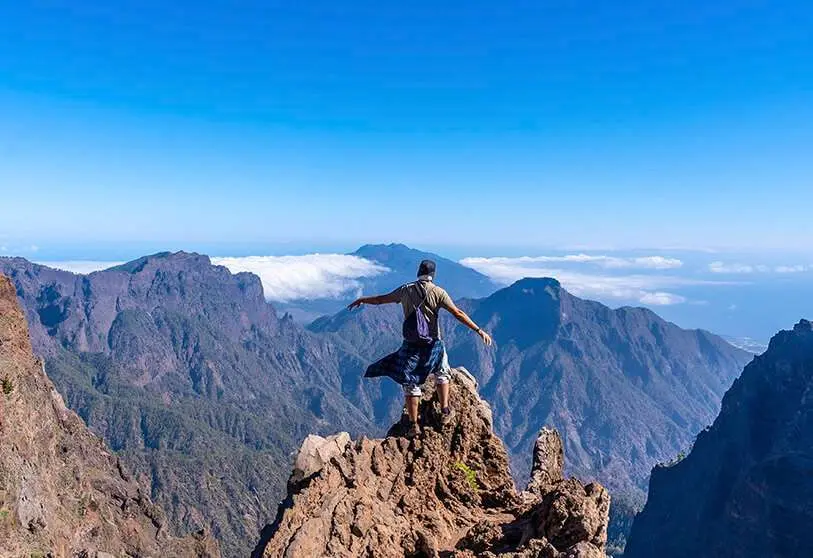
At first glance, it may seem utopian to use the Canary Islands as a platform for the promotion of Brand Spain: how can a region that stands out nationally for its high poverty and unemployment rates, as well as having a weak industrial fabric and agricultural products that, although excellent, do not sell very well on the international market, promote the goodness of Spain?
However, this ignores the geostrategic position of the archipelago, which is unique in the world. We are situated in such a way that we act as a bridge between three continents: America to the west, Africa to the east and Europe to the north. As a result, the islands can act as a commercial and service bridge between these three continents, contributing to the development of the African continent, maintaining links with Latin America and attracting talent from these three continents to the archipelago, which would help to diversify the Canary Islands' economy, which has been weakened by COVID-19 due to its over-dependence on tourism.
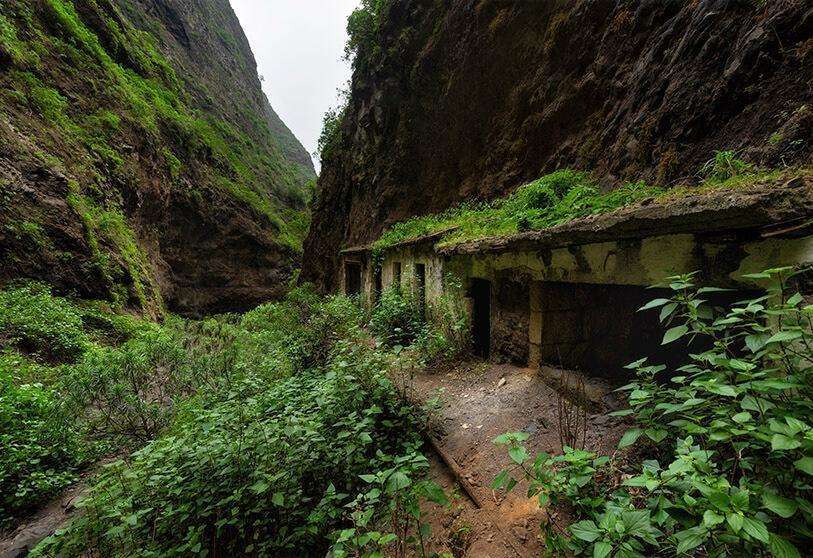
Such ambitions require its infrastructures, especially airport and service infrastructures, which are key to the promotion of a place as a business centre.
With regard to the first section, the islands have a total of five airports with international connections (Gran Canaria, Tenerife Sur, Lanzarote, Fuerteventura and La Palma) 1. Connections with Europe are good - largely thanks to tourism - with Germany and the United Kingdom as the countries with the greatest connectivity. The same cannot be said of Latin America and Africa. For the former, there are no direct connections with any country in the area. In the case of the latter, Gran Canaria airport offers connections to Morocco, Senegal and Mauritania, countries with a high business potential in various sectors, from tourism to renewables. However, flights are irregular, occurring once or twice a week. This makes the archipelago an unattractive destination as a springboard for business in Africa, as it is a sector that requires frequent travel and good connections to potential clients. This phenomenon has been aggravated by COVID-19, which has closed connections between airports (in 2019 it was possible to travel from Tenerife to Morocco) and the closure of the airspace of African countries.
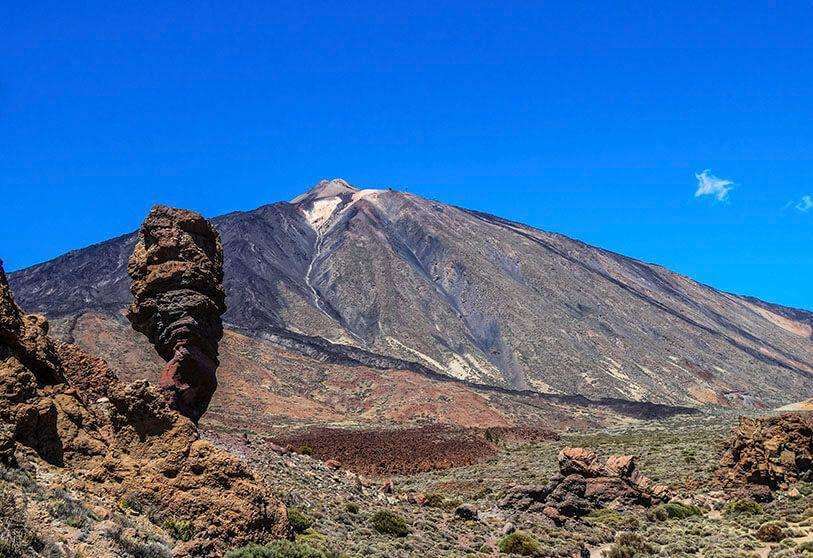
In terms of ports, the ports of Gran Canaria and Tenerife are the ones with the highest freight traffic. The former is the busiest in the archipelago, and in recent years has been consolidating its position as a base for the repair of oil platforms, both to Nigeria and to Northern Europe. This is due to its position as a crossing point between Europe and Africa and its good weather conditions, which allow oil rigs to be repaired all year round. In addition, the port of Las Palmas is one of the sites of a warehouse of the United Nations World Food Programme. The UN can use this base to deliver food to areas such as the Sahel, closer to Spain, thus helping to alleviate instability in the area and avoid potential migratory crises. They are also ports free from the threat of piracy - a phenomenon on the rise in the Gulf of Guinea and surrounding countries, which makes the Canary Islands a safe place for a technical stopover and waiting at sea until reaching port.
In terms of business facilities, the archipelago has four chambers of commerce (one in Las Palmas de Gran Canaria, one in Santa Cruz de Tenerife, one in Lanzarote and one in Fuerteventura), all with internationalisation plans for tourism companies, SMEs and services.

In addition, the Canary Islands Government has Proexca, a public company whose objective is the promotion of Canary Islands companies abroad and the attraction of strategic investments to the islands. Proexca is in charge of attracting local talent, through scholarships, language training and training.
in the business sphere (the Canary Islands Course as a platform, aimed at business in North and West Africa, stands out). It is also represented in Latin America and Africa, with offices in Chile, Brazil, Colombia, Peru, Cape Verde, Senegal, Mauritania and Morocco3. If regional and national efforts were combined, with a policy that prioritises the archipelago as a tricontinental business centre, benefits would be achieved at both levels. At the regional level, it would boost the economy and retain talent on the islands, helping to lower unemployment and reduce poverty. At the national level, the promotion of the Canary Islands as a business hub would help to reinforce Spain's image abroad in Latin America and Africa, two continents that are set to lead economic development in this century and with which Spain4 has unique cultural and geographical links. It would also give us a leading position in the European Union, achieving relevance in Brussels, demonstrating that there is European leadership beyond the Franco-German axis.
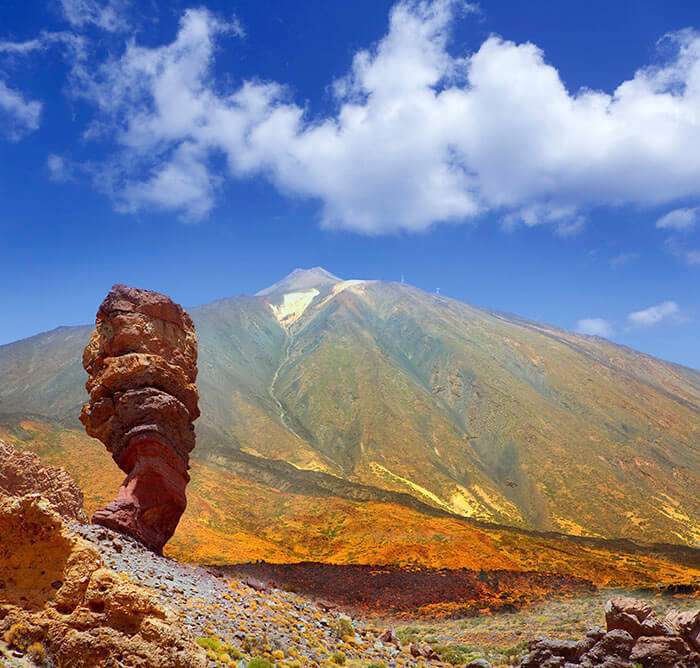
We also have a unique institution to promote us in Africa: Casa África, whose headquarters are in Las Palmas de Gran Canaria. This institution, which depends on the Ministry of Foreign Affairs, but in whose management the Government of the Canary Islands also participates, has made efforts in recent years to build commercial bridges and to bring African realities closer to us. In addition, it is one of the few institutions with headquarters outside Madrid and Barcelona, Spain's traditional service and business centres.
However, there are also obstacles that hinder business promotion. Despite having lower taxation than on the mainland (no VAT) and incentives to attract companies, the Canary Islands market is limited, both in terms of population and remoteness. The remoteness is the most serious obstacle, as it means that the Canary Islands have to import everything by sea and air, both of which are expensive and in the case of the sea slow. This means, for example, that if a company that manufactures solar panels wanted to move its industrial production to the islands, it would be faced with the dilemma of having to import all the materials and components needed to create them - most of which are expensive. As a result, the company could choose not to move to the Canary Islands, as staying on the mainland would lower transport and production costs, as well as having a larger market, both nationally and internationally.
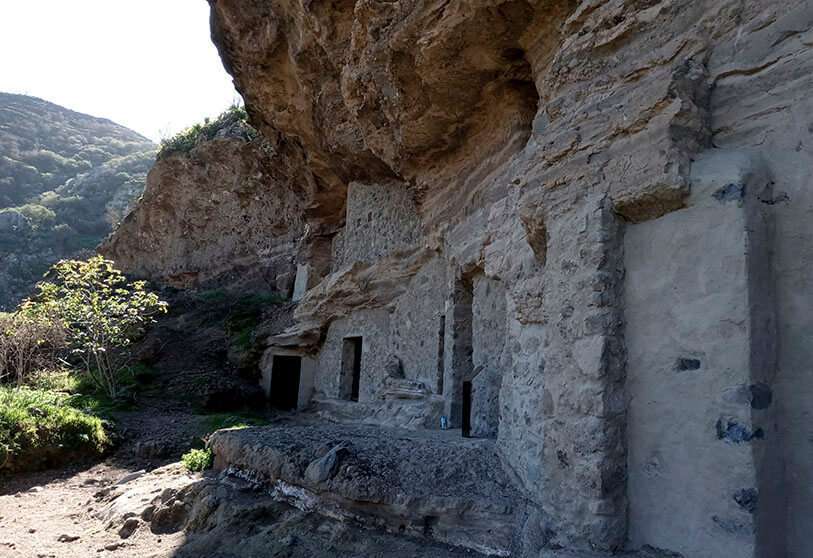
However, the situation of insularity makes it more expensive to import raw materials and components, which discourages companies from setting up in the islands.
If the potential of the Canary Islands as a business centre were exploited, Spain would have a unique opportunity to advance its foreign credentials in Latin America and Africa, two continents where we have unique linguistic, historical, geographical and cultural links.
Let us not miss the opportunity.
Bibliography
- Gran Canaria and Tenerife South airports are the airports with the highest passenger traffic and number of destinations.
- See Courses and Seminars - PROEXCA
- See Countries - PROEXCA
- See Infographic 'What is the Casas Network? (exteriores.gob.es)

